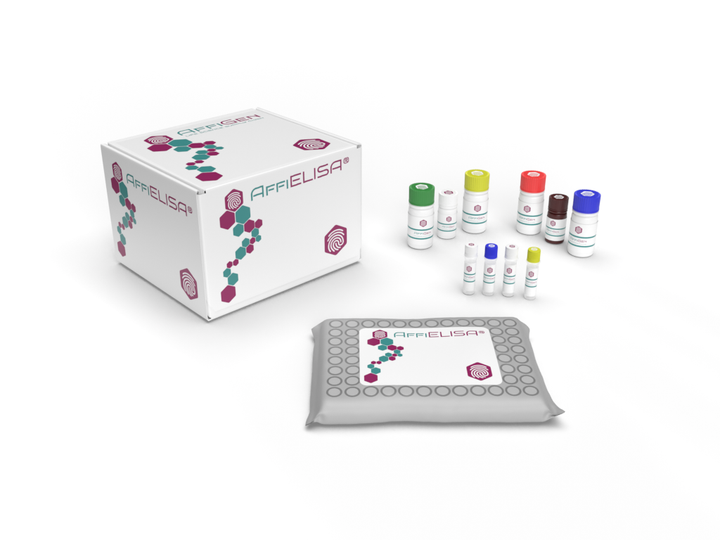The Centers for Disease Control and Prevention (CDC) has announced stringent new regulations intended to safeguard against rabies transmission from imported dogs into the United States. Effective August 1, 2024, these rules are designed to address growing concerns over disease risks and fraudulent documentation associated with international dog imports.

Key Changes in Dog Importation Rules
Under the updated regulations:
- Health Requirements: All dogs entering the U.S. must be at least six months old, appear healthy, and have a microchip for identification.
- Rabies Vaccination: Dogs must either have proof of a valid rabies vaccine or not have been in a rabies-endemic country in the last six months.
- Additional Criteria for High-Risk Countries: Dogs from high-risk rabies countries must undergo a blood test to confirm immunity, receive a U.S. rabies vaccine upon arrival, and undergo a physical examination.
- Quarantine Requirements: Dogs without proof of immunity via blood test may face a 28-day quarantine period.
Addressing Public Health Concerns
Dr. Emily Pieracci, a CDC veterinary medicine officer, reassures pet owners that while these requirements may seem stringent, they are necessary to mitigate disease risks. Rabies, though eliminated in U.S. dog populations, remains a serious global threat with nearly 59,000 human fatalities annually.

Impact on International Dog Adoption and Travel
The new regulations replace outdated guidelines from 1956, reflecting the increased global movement of dogs and their evolving roles as family members. This shift acknowledges the heightened risks associated with international dog transport, including the potential for fraudulent vaccination certificates.
Praise and Support for the Regulations
The American Veterinary Medical Association (AVMA) and dog rescue advocates have voiced support for the CDC's proactive measures. Dr. Rena Carlson of AVMA applauds the regulations for their potential to protect public health and enhance canine welfare.
Lori Kalef from SPCA International emphasizes the positive impact on their efforts to safely reunite U.S. service members with their companion animals following deployments.

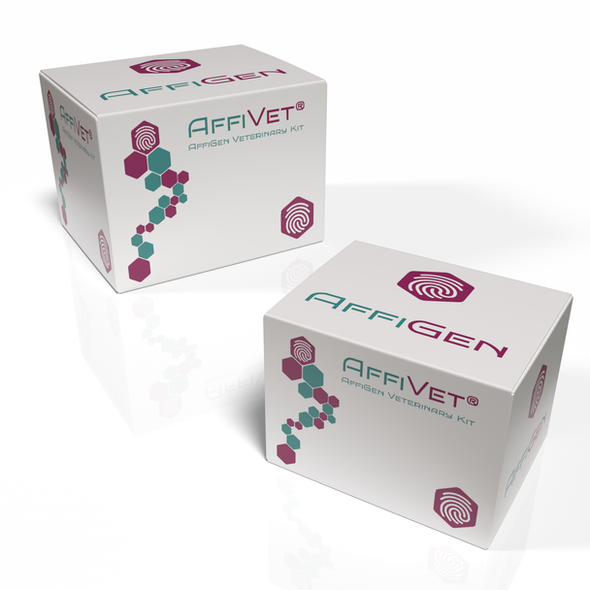
Promoting Disease Testing Kits
Amidst these regulatory changes, the importance of disease testing kits cannot be overstated. These kits are essential tools for ensuring that imported dogs meet health standards and do not pose risks of transmitting diseases like rabies. Veterinary clinics and organizations can play a crucial role in compliance by offering reliable disease testing solutions.
For more information on disease testing kits and their role in pet health compliance, contact reputable suppliers like Maxanim, dedicated to advancing veterinary diagnostics and ensuring the safety of companion animals.
Stay informed and compliant with the latest developments in pet importation regulations to protect both human and animal health.
This blog post highlights the importance of adhering to new CDC regulations while promoting the use of disease testing kits as essential tools for pet health management and compliance.
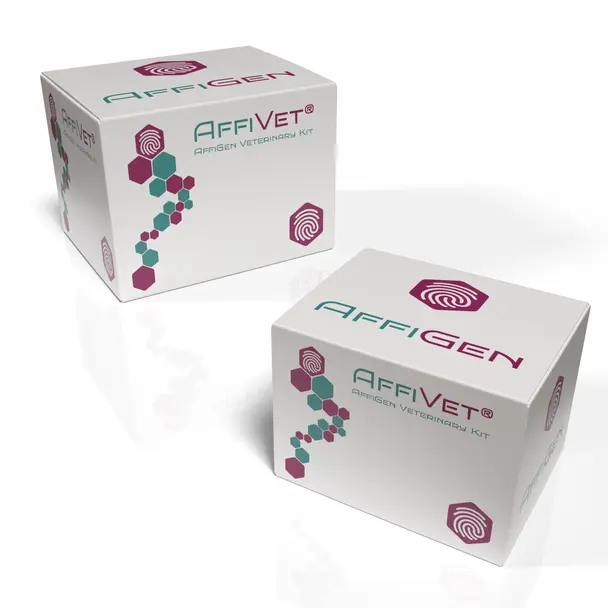
AffiVET Dog Rabies Antigen Rapid Test Card
This product uses rapid immunochromatography to detect rabies virus antigen in canine saliva secretions.
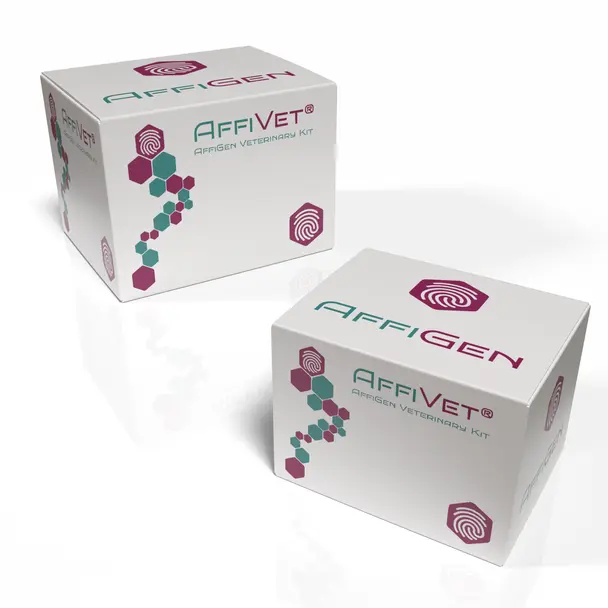
AffiVET Canine Rabies Virus Antibody Elisa Kit
The Rabies Virus (RBV) antibody ELISA kit is used to test rabies virus antibody in serum of dogs, cats etc., used to assess the status of rabies vaccination.
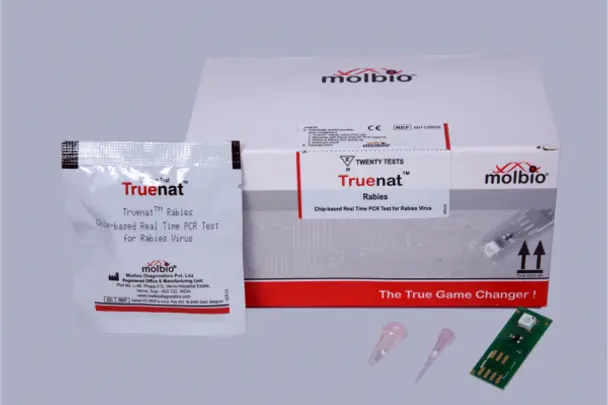
Truenat RT-PCR Rabies
Chip-based Real Time PCR Test for Rabies Virus
Semiquantitative detection of Rabies Virus in Cerebrospinal fluid (CSF), saliva, brain tissue, corneal swabs specimens of animals and aids in the diagnosis of Rabies virus

